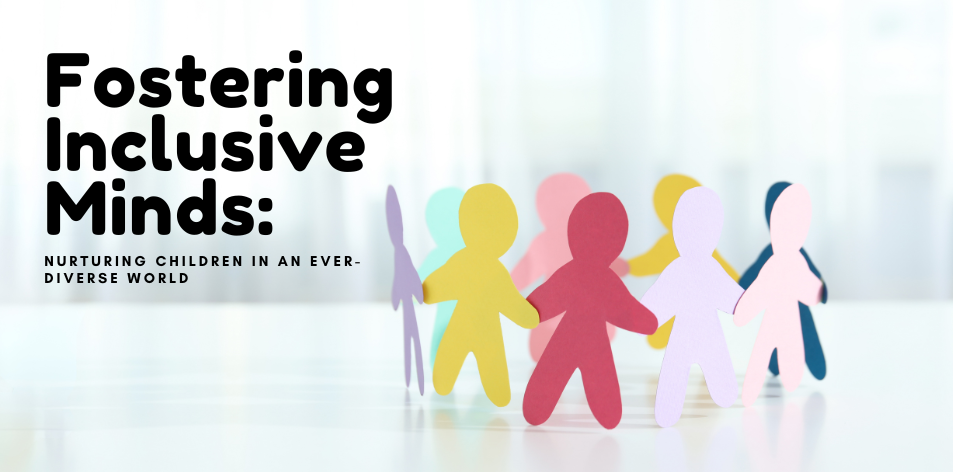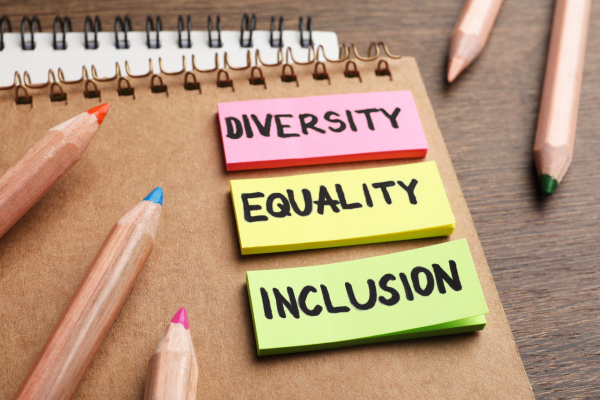
Fostering Inclusive Minds: Nurturing Children In An Ever-Diverse World – H&S Education & Parenting
Cultivating Acceptance, Empathy, And Respect From An Early Age

In today’s interconnected world, raising children to be inclusive and accepting of diversity is more critical than ever. As parents, we have the profound responsibility to instil in our children the values of respect, empathy, and understanding toward people from all walks of life. Embracing diversity isn’t just about teaching tolerance; it’s about celebrating differences and recognizing the richness they bring to our lives.
One of the first steps in fostering inclusivity in children is exposing them to diverse experiences and perspectives. This can be achieved through multicultural literature, art, music, and cuisine. By immersing children in various cultural traditions and practices, we open their minds to the beauty of human diversity and help them develop a sense of curiosity and appreciation for the world around them.
Furthermore, parents play a crucial role in modelling inclusive behaviour in their everyday lives. Children learn by example, so it’s essential to demonstrate kindness, empathy, and respect toward people of all backgrounds, regardless of race, ethnicity, religion, gender, or socioeconomic status. By treating others with dignity and compassion, we teach our children the value of inclusivity and inspire them to emulate these behaviours in their interactions with others.
Another vital aspect of raising inclusive children is addressing biases and stereotypes head-on. Children are naturally curious and may ask questions about differences they observe in the world around them. It’s essential to engage in open, honest conversations about topics such as race, ethnicity, and privilege, helping children understand and challenge harmful stereotypes while fostering a sense of empathy and understanding.
Moreover, creating a safe and supportive environment where children feel comfortable expressing themselves is crucial. Encouraging open dialogue about diversity and inclusion empowers children to ask questions, share their thoughts, and explore their own identities without fear of judgment. By fostering a culture of acceptance and respect within the family, we lay the foundation for children to become compassionate and socially conscious individuals.
In raising inclusive children, we’re not just shaping the future; we’re building a more equitable and compassionate society. By instilling values of acceptance, empathy, and respect from an early age, we empower our children to embrace diversity, challenge injustice, and advocate for positive change in the world.

